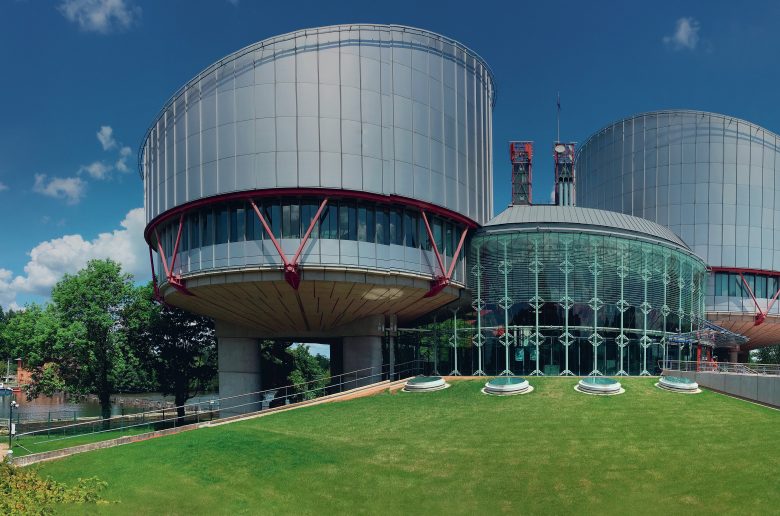
Mediation involves a neutral third party acting as a go-between in order to facilitate cooperation and agreement. It is the most commonly used form of alternative dispute resolution (ADR). According to an article by Kate Aubrey-Johnson in Counsel, October 2012, in the previous year mediation was attempted in 12,000 small claims and an estimated 8,000 fast- and multi-track cases, with success rates of between 68% and 90%.
Where the relationship between the parties needs to be preserved, as in family disputes or those involving commercial matters, mediation ensures that the relationship is not soured, as it would be by litigation. It is a voluntary process and, should it fail, the parties will have preserved their positions. The procedure is informal and involves an independent third party discussing the matter in dispute with each party in separate rooms. The mediator is independent and assists the parties to negotiate with each other on points in dispute.
Your organisation does not have access to this article.
Sign up today to give your students the edge they need to achieve their best grades with subject expertise
Subscribe




